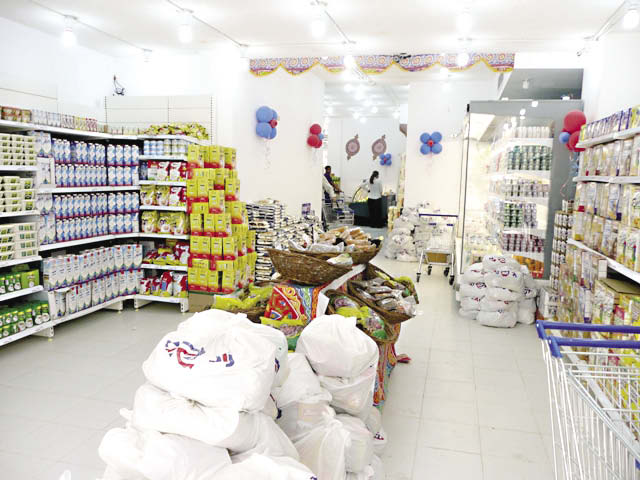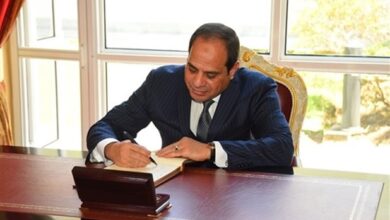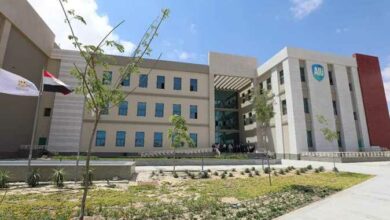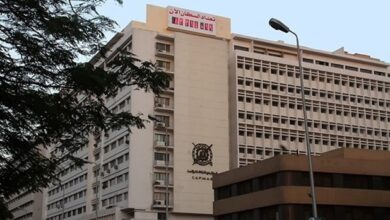
Egypt's annual urban consumer inflation and core inflation both picked up in March for a second consecutive month, a sign the government may be struggling to balance economic growth and price stability.
Egypt's urban consumer inflation rose to 11.5 percent in March from 10.6 percent the previous month, the official statistics agency said on Thursday. The five-month high was driven by a rise in food and utility prices.
Core annual inflation, which excludes volatile items like fruit and vegetables, also ticked up to 7.21 percent from 7.15 percent in February, the central bank said later in the day.
Inflation accelerated in Egypt after the government slashed subsidies last summer, pushing up fuel prices as much as 78 percent.
The central bank kept interest rates on hold in February and most analysts said this suggested the bank sees tackling inflation as its main priority.
The bank had surprised markets with a 50-basis-point rate cut the previous month, citing an easing inflation outlook.
Meanwhile, Egypt's non-oil private sector shrunk in March for the third month in a row, the HSBC Egypt Purchasing Managers Index showed, with a weak currency boosting input costs and subdued demand curbing output and employment.




